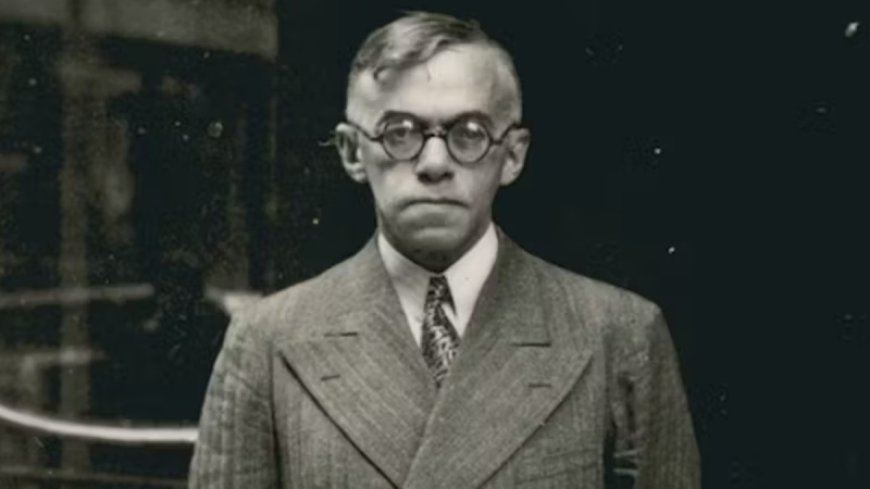Ze'ev Jabotinsky: The Visionary Realist of Zionism

Ze'ev Jabotinsky, a prominent figure in the Zionist movement, remains a subject of considerable historical significance due to his pragmatic views on the complex dynamics between Jewish settlers and Palestinian Arabs. As one of the founders of the Jewish National Fund and the Jewish Legion, Jabotinsky's contributions were pivotal during a critical period in the early 20th century.
Jabotinsky's military service with the British Army during World War I significantly shaped his views on Jewish nationalism. His fervent advocacy played a crucial role in the issuance of the Balfour Declaration by the British government in 1917, which supported the establishment of "a national home for the Jewish people" in Palestine. This landmark statement, which aligned with British colonial interests, was seen as a turning point in Zionist history. Jabotinsky envisioned a Jewish homeland that would extend across both banks of the Jordan River, a dream he believed could be realized by encouraging the immigration of Jews from Europe and elsewhere.
However, Jabotinsky's impact extended beyond mere advocacy for a Jewish homeland. He was instrumental in formulating what came to be known as Israel's Iron Wall doctrine. This security policy was based on his stark realization that Palestinian Arabs would never voluntarily accept the creation of a Jewish state within the historic lands of Palestine. Jabotinsky argued that a Jewish state could only be secured through the backing of a major world power, which would provide the necessary support against Palestinian resistance.
Jabotinsky's recognition of Palestinian national identity marked a significant departure from the views of many of his contemporaries. He openly acknowledged that Palestinians were a distinct people with an unwavering commitment to their right to self-determination. Unlike some Zionist leaders who believed economic incentives could sway the Palestinian population to accept Jewish settlement, Jabotinsky dismissed such notions as fanciful. He understood that no matter the economic benefits offered, Palestinians would not forsake their homeland or their demographic dominance to facilitate a Jewish majority.
This understanding led Jabotinsky to advocate for the establishment of an "Iron Wall," a metaphor for a strong defensive strategy that would protect Jewish settlers until they were strong enough to face any opposition from the local Arab population. He posited that only when the Palestinians realized that they could not destroy the Jewish presence would there be a possibility for negotiation and coexistence.
Jabotinsky's blunt realism about the challenges of establishing a Jewish state amid a non-Jewish population profoundly influenced Zionist thought and policy. His legacy is reflected in many of Israel's subsequent security measures and its ongoing struggle for acceptance in a region marked by persistent conflict.
Despite the controversies that surround his ideology and methods, Jabotinsky's insights into the Arab-Jewish conflict and his forthright acknowledgment of Palestinian nationalism continue to provide valuable perspectives on the enduring conflict in the Middle East. His approach highlights the complexities of negotiating peace in a land claimed by two peoples, each with deep historical and emotional ties to the territory.













































